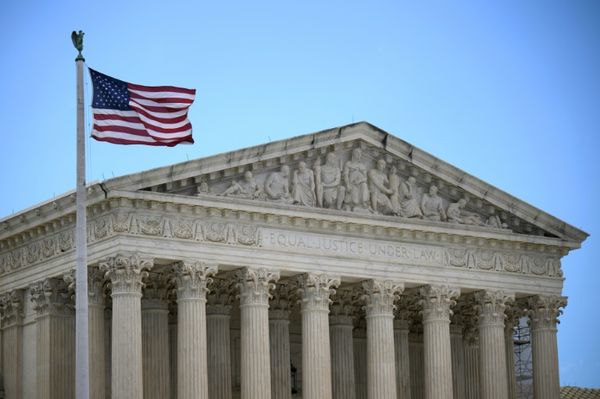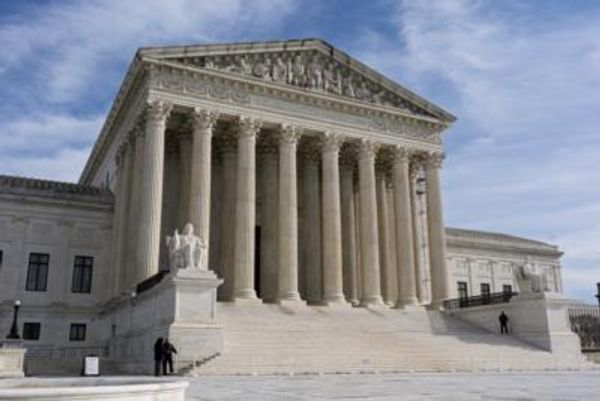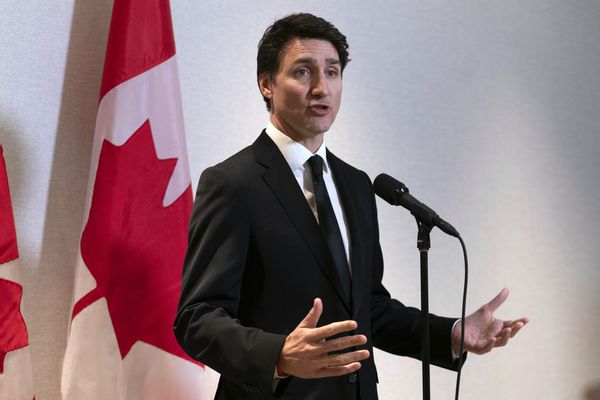
Consumer champion Martin Lewis has accused the Business Secretary of causing an “outrage” with comments that appeared to downplay the regularity of fraud crimes, and has called on him to apologise.
When defending the Prime Minister for falsely claiming that crime had fallen under his leadership, Kwasi Kwarteng said Boris Johnson had not included fraud in his definition of crime.
The Cabinet minister suggested Mr Johnson had only meant crime that “people experience in their day-to-day lives”, in comments that seemed to exclude fraud.
He (Kwasi Kwarteng) must and needs to apologise if he has any shred of decency in him
But Mr Lewis, the founder of website MoneySavingExpert said Mr Kwarteng should apologise for “denigrating” the experience of fraud victims, with “millions” being scammed on a daily basis.
Speaking to BBC Radio 4’s PM programme, Mr Lewis said: “To hear the Business Secretary say that fraud and online scams aren’t something people experience in their daily lives is outrageous.
“Millions of people face it every day. I’ve had over 30 scam reports just about me today before I did this interview.
“And to have the Business Secretary – and I don’t normally get political, or party political, at least – but to have the Business Secretary try and defend the fact they put out slightly questionable, iffy crime figures by denigrating the experience that people in this country have with scams, and the lives that have been lost or destroyed because of scams, is an outrage.
“And he must and needs to apologise if he has any shred of decency in him.”
Mr Lewis was backed up by television presenter Kirstie Allsopp – who caused her own controversy this week when she suggested in a Sunday Times interview that young people could afford to get on the housing ladder if they made “sacrifices” – with the Location, Location, Location presenter tweeting he was “spot on about fraud and its impact”.
The Government has been placed under investigation by the UK Statistics Authority after receiving complaints about ministers’ claims that crime is falling.
Despite a fall in most crimes during coronavirus lockdowns, some are now reaching or exceeding pre-pandemic levels – with rises in some offences like fraud offsetting reductions seen elsewhere, the Office for National Statistics said last week.







